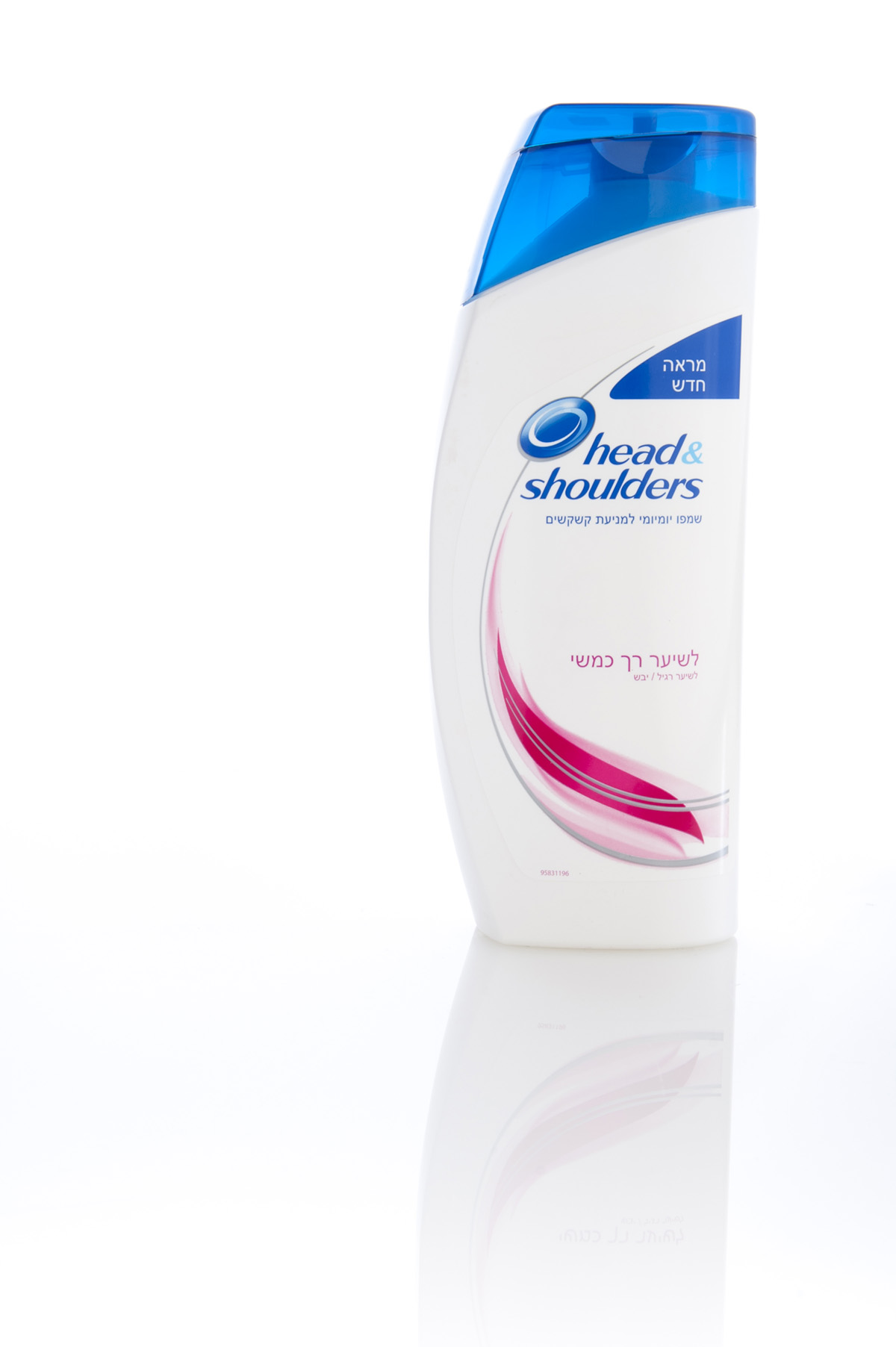
Dandruff is caused by excessive shedding of dead skin cells from your scalp. All cells, including skin cells, shed in a process of renewal of the tissue. The condition starts to be a problem when the shedding is excessive and faster than normal, and much more skin cells are shed, provoking dandruff. This skin condition affects a large number of people, and about 50% of people had problems with dandruff some time in their lives. Suffering from dandruff may also be associated with some other problems, including: oily or extremely sensitive scalp, intense stress, hormonal imbalances, autoimmune problems or heart-related conditions. In some cases, people using too many or too much hair care products can also develop dandruff.
Dandruff Types
There are three distinctive types of dandruff, according to the cause of the condition. Whatever provoked dandruff, remember that you can’t get it from the affected person, because it’s not contagious at all.Malassezia fungus is responsible for one type of dandruff. It normally lives on the scalp, but when the fungus overgrows for some reason (still unidentified) the person experience dandruff problems.
Bit more serious form of dandruff is seborrhoeic dermatitis. It can affect both adults and children, and a mild type of seborrhoeic dermatitis in babies is known as cradle cap. The condition is usually associated with inflammation of the skin and can cause patches of skin on your scalp, but it can appear in your eyebrows, on the cheeks, armpits, forehead, ears or the skin around the nose.
The most severe dandruff is caused by psoriasis. Inflammation of the skin, itchiness and thick scales present in this condition can affect your scalp, lower back or even your knees.
How to Treat DandruffAnti-dandruff shampoos are the most common and usually quite sufficient treatment for the condition. Most of them contain some chemical substances known to affect scalp skin and reduce dandruff.
Zinc pyrithione shampoos are known to have anti-fungal and anti-bacterial properties and they are widely used to treat dandruff. You can also use shampoos containing coal tar (used for the treatment of seborrhoeic dermatitis), salicylic acid, selenium sulfide or ketoconazole. Be careful, because they might affect chemically treated hair or leave your scalp skin very dry. Ketoconazole shampoos are the strongest and they are advised to be used only if nothing else worked.
If the shampoos aren’t enough to control your dandruff you may use some anti-fungal creams or cortisone sold over the counter, or consult your doctor, to prescribe even stronger treatments, such as corticosteroids or anthralin.






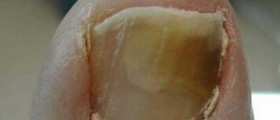


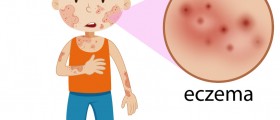
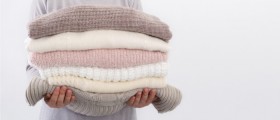



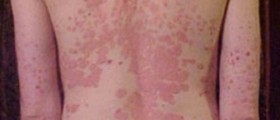
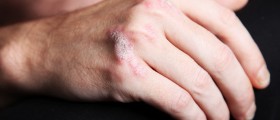

Your thoughts on this
Loading...